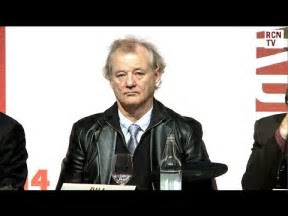What is TROLLING in Spanish?

"Oh yeah, I'm a troll n' the rest of the time I'm some guy living in Belgium." Trolling has several translations in Spanish: PESCAR, RONDAR, MERODEAR. However, if it means to make or leave provocative and offensive posts, then it has no translation. Being that the situation, many Spanish speakers are already using the English term for that annoying action, and have adapted it to Spanish. Thus, the verb TROLEAR is being used at the moment, but so far it has not been declared an official term.


















